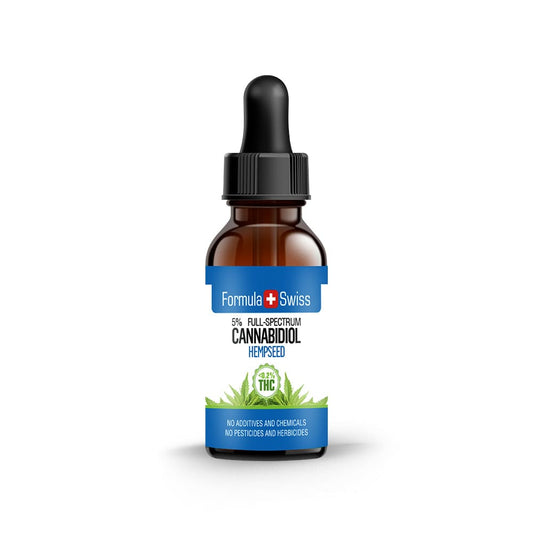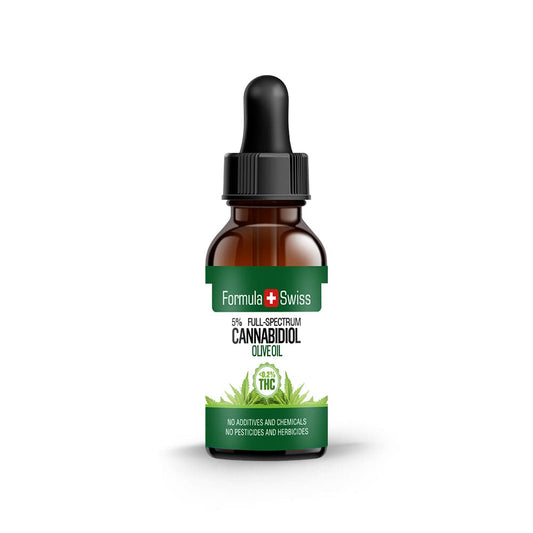In a recent study examining the CBD content of products available in the UK, a significant discrepancy was observed between the advertised and actual CBD concentrations. This research sheds light on the pressing issue of product mislabelling in the CBD industry.
Study Overview
Researchers undertook the task of analysing the CBD concentrations in 63 products from 40 different brands available in the UK. The products, which included tinctures, oils, e-liquids, and drinks, were primarily sourced from major UK health food shops and specialist online CBD retailers. The aim was to provide a comprehensive overview of the products commonly used by consumers.
Methodology
To ensure a fair comparison, for each tincture and e-liquid, an oil from the same brand with a similar advertised CBD level was purchased. This approach aimed to eliminate manufacturing standards as a potential confounding factor. The CBD levels were analysed using high-performance liquid chromatography (HPLC) for aqueous tinctures, oils, and e-liquids, and gas chromatography-mass spectrometry (GC-MS) for drinks.
Findings
The results were alarming. In all product types, the measured CBD concentrations were lower than the advertised amounts.
Only 8% of the products had CBD concentrations within 10% of the advertised strength.
All other products deviated by more than 10% from the advertised concentrations, with one oil even containing 50% more CBD than stated.
Consistency with Previous Research
These findings align with previous studies that have highlighted the inaccuracy of CBD product labelling globally.
The Centre for Medicinal Cannabis had earlier warned about potential mislabelling issues in the UK CBD market. A 2022 analysis revealed that only 38% of the products had CBD content within 10% of the advertised amount. Moreover, over half of these products contained detectable levels of controlled substances, including THC and cannabinol (CBN).
Consumer Perception vs Reality
Interestingly, a 2019 consumer research indicated that most UK consumers perceive the CBD products they purchase as high-quality and believe the CBD levels to be equivalent to the advertised amounts. This stark contrast between consumer perception and reality underscores the need for better awareness and education.
Need for Better Regulation
The study's findings highlight the urgent need for improved industry standards and clearer legislative guidance. The researchers emphasised the importance of establishing acceptable tolerance limits for advertised CBD concentrations. They also suggested that future research should focus on determining CBD degradation rates in consumer products and within-product variability in labelling accuracy.






